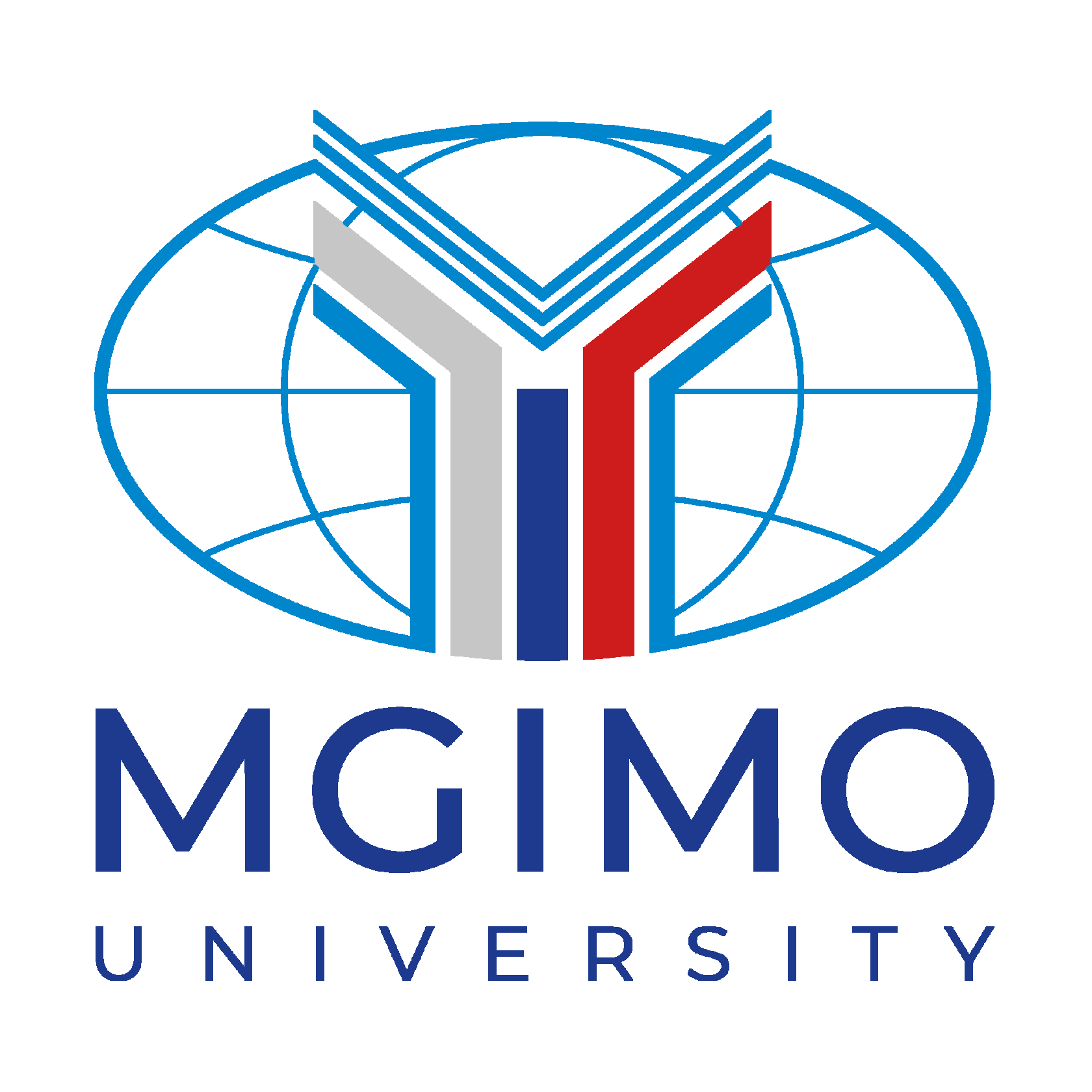28 february 2024, mgimo university, moscow
Discussion on the Interim report "Governing AI for Humanity" by AIAB UN 2023
Participants: representatives of federal executive authorities, business, research institutes, higher educational institutions.
Background: The UN is conducting active substantive preparations for the Future Summit, which is scheduled for September 22-23 this year. In particular, the Global Digital Compact is being developed on the main aspects of development in the field of AI, which will be presented at this event.
As part of these activities, the UN High-Level Advisory Body on Artificial Intelligence began functioning in October 2023. A Russian representative works in this structure - Director of the MGIMO AI Centre for Artificial Intelligence A.V. Abramova.
At the end of December 2023, the Advisory Body published an interim report outlining a range of approaches to international regulation of artificial intelligence. Based on this document, final recommendations on international AI regulations will be prepared by July 2024.
Session No. 1: “International regulation of AI – challenges and opportunities for the development of scientific and technical cooperation and education”
Session No. 2: “Potential and risks when creating new institutions for regulating AI in
international level for the Russian AI market and international cooperation"
Interim report: PDF
Background: The UN is conducting active substantive preparations for the Future Summit, which is scheduled for September 22-23 this year. In particular, the Global Digital Compact is being developed on the main aspects of development in the field of AI, which will be presented at this event.
As part of these activities, the UN High-Level Advisory Body on Artificial Intelligence began functioning in October 2023. A Russian representative works in this structure - Director of the MGIMO AI Centre for Artificial Intelligence A.V. Abramova.
At the end of December 2023, the Advisory Body published an interim report outlining a range of approaches to international regulation of artificial intelligence. Based on this document, final recommendations on international AI regulations will be prepared by July 2024.
Session No. 1: “International regulation of AI – challenges and opportunities for the development of scientific and technical cooperation and education”
Session No. 2: “Potential and risks when creating new institutions for regulating AI in
international level for the Russian AI market and international cooperation"
Interim report: PDF
Address
76 Vernadsky Avenue, Moscow
Auditorium 423
Time
09:30 - 14:00
76 Vernadsky Avenue, Moscow
Auditorium 423
Time
09:30 - 14:00
SCHEDULE
Wednesday
February 28
February 28
09:00 - Registration
09:30 - Opening ceremony, greeting of meeting participants
09:35 - Plenary session No. 1
11:10 - Coffee break
12:00 - Plenary session No. 2
13:30 - Summary of the workshop. Q&A
09:30 - Opening ceremony, greeting of meeting participants
09:35 - Plenary session No. 1
11:10 - Coffee break
12:00 - Plenary session No. 2
13:30 - Summary of the workshop. Q&A
Key questions for further discussion
from the Interim Report:
Governing AI for Humanity
Governing AI for Humanity
- Opportunities and enablers of AI
- Can we make AI development more inclusive by facilitating model-building ecosystems, for example through data protection and exchange frameworks, with shared access to compute?
- Would common standards for data labelling and testing encourage AI startups to test and deploy across more countries and regions?
- What mechanisms would promote equitable access to compute and privacy-preserving sharing of datasets across stakeholders and member states?
- How can we grow and spread AI talent? Can UN entities or other institutions facilitate exchange of students, joint PhD programmes, and cross-domain (health and AI, agriculture and AI) talent development?
- How can international collaboration harness AI talent, data and compute for scientific research and for the SDGs?
- How can we incentivize governments and the private sector to invest in other core infrastructures that drive AI development around the world?
- Risks and challenges of AI
- What is the best path to reaching consensus on identifying, classifying, and addressing AI risks?
- How should assessments of risks and challenges relate to more specific use cases of AI, notably autonomous weapons systems?
- What should be the threshold or the trigger for identifying red lines (analogous, perhaps, to the ban on human cloning in biomedical research)? How would any such red line be policed and enforced?
- International governance of AI
- Do the principles listed above properly reflect the aspirations that a global governance regime for AI should have?
- Do the functions outlined above properly reflect what global AI governance can and should do?
- What structural arrangement(s) would best empower a new institution or set of institutions to uphold these principles and carry out these functions?
- A range of models exist within the UN system for engaging industry in sectoral work (WHO, ITU, ICAO etc). What kind of mechanism could best support industry participation in international governance of AI? Which of the normative, policy and information instruments that exist today could support coherence in technology governance across governments, private sector and civil society?
- What kind of financing and capacity building mechanisms would be needed for effective international arrangements to address the functions outlined above?
Time and place
76 Vernadsky Avenue, Moscow
aicentre@inno.mgimo.ru
+7 903 623-95-15
aicentre@inno.mgimo.ru
+7 903 623-95-15
Feb.28 2024 at 09:30
Auditorium 423

